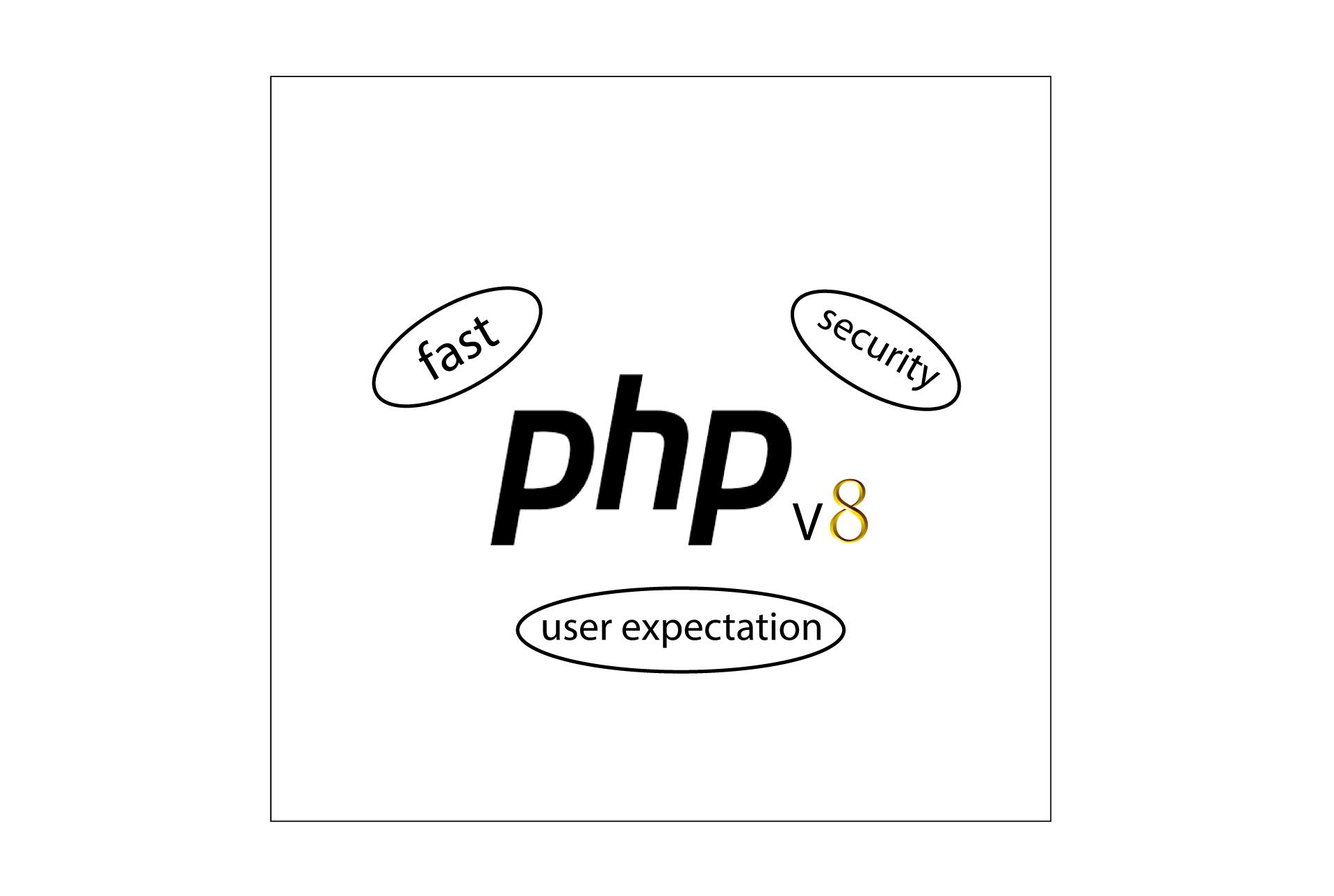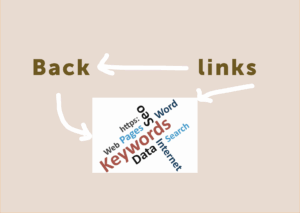
Server-Side Scripting Language (PHP)
PHP stands for “Hypertext Preprocessor” and is a popular server-side scripting language used in web development. Co-developed in the mid-1990s by Rasmus Lerdorf, a Danish-Canadian programmer, PHP has since become one of the most widely used languages for building dynamic web applications and websites.
Scripting
In PHP, “scripting” refers to the process of writing and executing PHP code to perform various tasks and actions on a web server. PHP is often used as a server-side scripting language, which means that PHP scripts run on the web server to generate dynamic web content before sending it to the user’s web browser.
When you create a PHP script, you can embed PHP code within HTML or other markup languages. This code can be used to interact with databases, process user input from forms, generate dynamic content, manipulate files, and perform various other server-side tasks.
PHP scripts are typically executed on the server in response to a user’s request, and the resulting HTML or other output is then sent to the user’s browser for display.
In essence, scripting in PHP involves writing code that instructs the server on how to dynamically generate web pages and perform various backend functions, allowing websites to provide dynamic and interactive user experiences.
More About PHP
At its core, PHP is a versatile, open-source scripting language that is embedded within HTML code. It serves as a bridge between a web server and a web browser, and here’s a closer look at PHP and its role in website servers:
Server-Side Scripting: PHP is primarily used on the server side of web development. When a user requests a web page, the web server processes the PHP code and sends back HTML to the user’s browser. This means that the end-user only sees the HTML output, while PHP works behind the scenes to generate dynamic content.
Dynamic Content: PHP is instrumental in creating dynamic web pages. It can fetch data from databases, generate real-time content, and personalise web experiences for users. This dynamic nature is vital for web applications like e-commerce sites, content management systems (CMS), and social media platforms.
Database Connectivity: PHP has excellent support for connecting to various databases, such as MySQL, PostgreSQL, and MongoDB. Developers use PHP to retrieve, manipulate, and store data in these databases, making it an essential tool for building database-driven websites.
- Extensive Library – PHP has a vast standard library and an active community that continually contributes to its ecosystem. This makes it easy to find pre-built functions and frameworks that streamline development and reduce coding time.
- Cross-Platform Compatibility – PHP is compatible with major operating systems like Linux, Windows, and macOS. It is also web server-agnostic, meaning it can be used with various web servers, including Apache and Nginx.
- Ease of Learning – PHP is known for its relatively low learning curve, making it accessible to beginners in web development. However, it can also accommodate complex programming tasks for experienced developers.
- Security Considerations – While PHP itself is secure when used correctly, improper coding practices can lead to vulnerabilities. Staying up-to-date with security best practices is crucial to ensure the safety of web applications built with PHP.
Older PHP Versions – PHP 7
PHP 7 is in the process of being deprecated and is an earlier version of PHP that has been superseded by newer versions like PHP 8.
The decision to move away from PHP 7 was driven by several factors, and understanding why it’s no longer the preferred choice can shed light on the benefits of using PHP 8 or newer versions.
“Deprecating” – Its meaning
“Deprecating” refers to the process of discouraging the use of a particular software, language version, or feature. It’s a formal way of signalling that while something is still functional, it’s no longer the recommended or best-practice choice.
In general, deprecating software is often done to promote adoption of more modern and improved alternatives.
PHP 7 is deprecating for a number of reasons:
- Performance – One of the primary reasons for moving away from PHP 7 is performance. PHP 8 introduces numerous performance enhancements and optimizations that make it significantly faster than PHP 7. This speed improvement is critical for modern web applications, which require quick response times to meet user expectations.
- Language Improvements – PHP 8 brought several language enhancements and new features, such as union types, named arguments, and match expressions. These additions make code more readable, maintainable, and efficient, improving the developer experience.
- Stronger Typing – PHP 8 introduced stricter type checking, allowing developers to catch type-related errors at compile time rather than run-time. This leads to more reliable and bug-free code.
- JIT Compiler – PHP 8 includes a Just-In-Time (JIT) compiler that further boosts performance by translating PHP code into machine code at run-time, reducing execution time for CPU-intensive operations.
- Maintenance and Security – As software ages, it requires ongoing maintenance and security updates. PHP 7’s maintenance support will eventually end, leaving users with potential security vulnerabilities. Moving to PHP 8 ensures access to regular updates and security patches.
- Ecosystem Support – As PHP evolves, libraries, frameworks, and third-party tools tend to align with the latest versions. Staying with PHP 7 might limit access to the latest features and improvements offered by these components.
Websites – Still using PHP 7
Estimating the exact number of websites that do not meet the specifications required for PHP 8 is challenging because it depends on various factors, including the web hosting environment, the specific PHP codebase, and the willingness or ability of website owners to upgrade.
However, here is some context to the current situation:
- Adoption Rate – PHP 8 was released in November 2020, and it takes time for the web development community to adopt new versions. PHP 7 is still widely used, with PHP 8 adoption in progress but no way near being universal yet.
- Legacy Codebases – Many websites, particularly older ones, may have legacy codebases that were written for earlier PHP versions. These codebases may require significant updates and modifications to be compatible with PHP 8.
- Web Hosting Providers – Some web hosting providers may still be running older versions of PHP on their servers that can limit the ability of website owners to upgrade to PHP 8.
- Maintenance and Resources – Websites that are no longer actively maintained or have limited development resources may struggle to upgrade to PHP 8, as it’s likely to require significant time, effort, and cost to make the necessary code changes.
- Compatibility Issues – Certain PHP functions and features have been deprecated or changed in PHP 8 that can create compatibility issues for websites using outdated code.
It’s worth noting that the PHP development community and web hosting providers actively encourage website owners to upgrade to the latest PHP versions for security, performance, and compatibility reasons. However, the pace of adoption may vary widely from country to country.
PHP is a powerful and versatile scripting language that plays a pivotal role in web development, especially on the server side. Its ability to create dynamic and interactive web applications has made it a cornerstone of modern web development, and it continues to be a go-to choice for building a wide range of websites and web-based applications.
If you wish to find out more information on PHP please contact us on:
By email to enquiries@figadigital.com or call on Freephone 0800 802 1968





